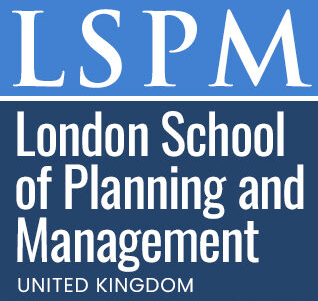Career Advancement Programme in Small Business Operations and Logistics
-- viewing nowThe Career Advancement Programme in Small Business Operations and Logistics certificate course is a comprehensive training program designed to equip learners with essential skills for managing and optimizing small business operations and logistics. This course emphasizes the importance of efficient supply chain management, inventory control, and strategic planning in small businesses, making it highly relevant in today's fast-paced and competitive business environment.
7,810+
Students enrolled
GBP £ 149
GBP £ 215
Save 44% with our special offer
About this course
100% online
Learn from anywhere
Shareable certificate
Add to your LinkedIn profile
2 months to complete
at 2-3 hours a week
Start anytime
No waiting period
Course details
• Small Business Operations Management: This unit covers the fundamentals of managing small business operations, including planning, organizing, directing, and controlling various business functions.
• Logistics and Supply Chain Management: This unit explores the role of logistics and supply chain management in small businesses, focusing on the efficient flow of goods and services from suppliers to customers.
• Inventory Management: This unit covers inventory management techniques and best practices for small businesses, including forecasting, ordering, and maintaining optimal inventory levels.
• Production Planning and Control: This unit examines production planning and control in small businesses, including scheduling, capacity planning, and quality control.
• Customer Relationship Management: This unit explores the importance of customer relationship management in small businesses, including strategies for acquiring, retaining, and satisfying customers.
• Financial Management for Small Business Operations: This unit covers financial management principles for small businesses, including budgeting, financial planning, and cost control.
• Small Business Legal and Ethical Considerations: This unit examines legal and ethical considerations in small business operations, including contracts, intellectual property, and employment laws.
• Small Business Technology and Automation: This unit explores the role of technology and automation in small business operations, including the use of software applications, data analytics, and e-commerce platforms.
• Small Business Operations Strategy: This unit covers the development and implementation of operations strategy in small businesses, including the alignment of operations with business goals and objectives.
Career path
Entry requirements
- Basic understanding of the subject matter
- Proficiency in English language
- Computer and internet access
- Basic computer skills
- Dedication to complete the course
No prior formal qualifications required. Course designed for accessibility.
Course status
This course provides practical knowledge and skills for professional development. It is:
- Not accredited by a recognized body
- Not regulated by an authorized institution
- Complementary to formal qualifications
You'll receive a certificate of completion upon successfully finishing the course.
Why people choose us for their career
Loading reviews...
Frequently Asked Questions
Course fee
- 3-4 hours per week
- Early certificate delivery
- Open enrollment - start anytime
- 2-3 hours per week
- Regular certificate delivery
- Open enrollment - start anytime
- Full course access
- Digital certificate
- Course materials
Get course information
Earn a career certificate

